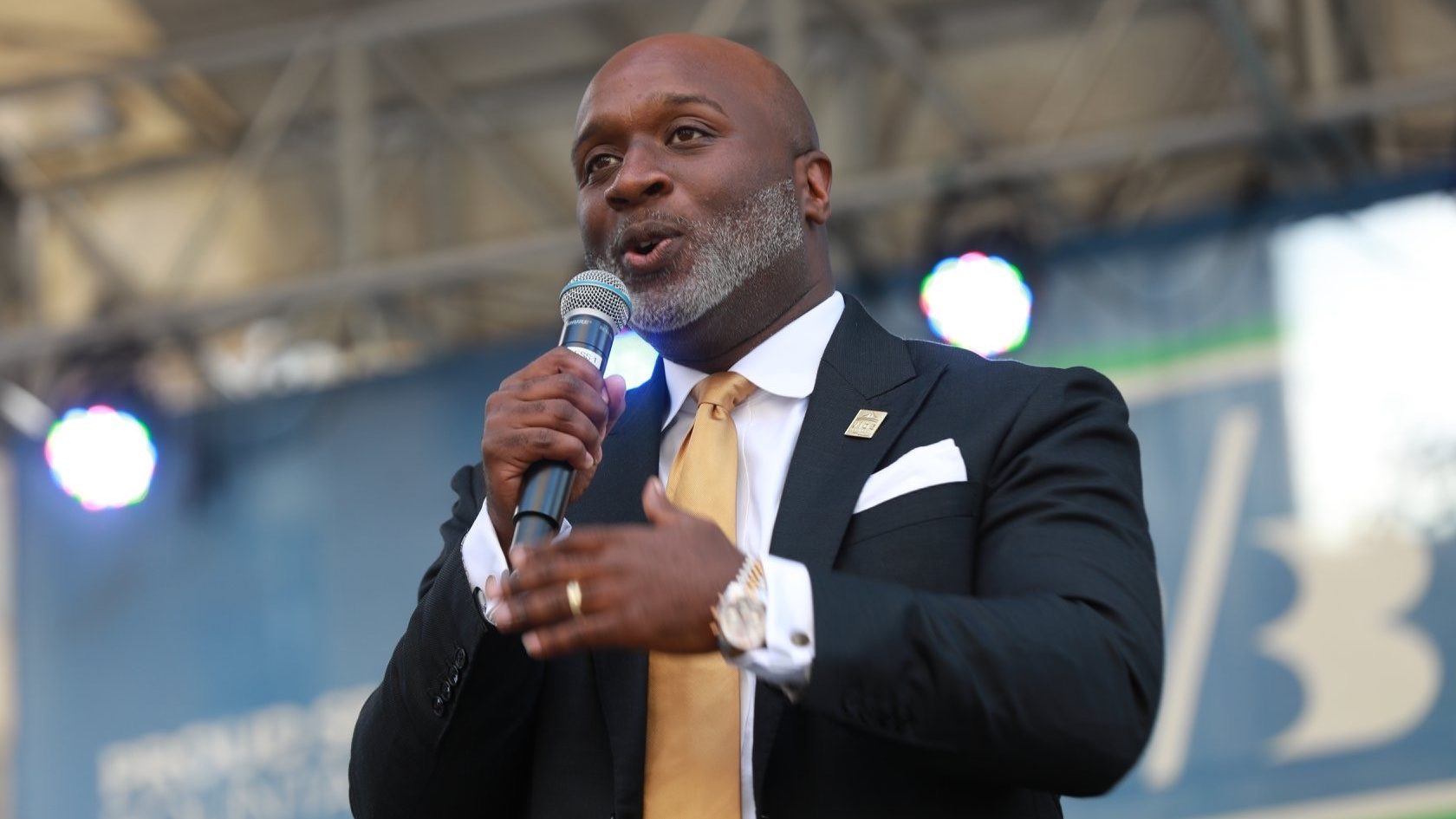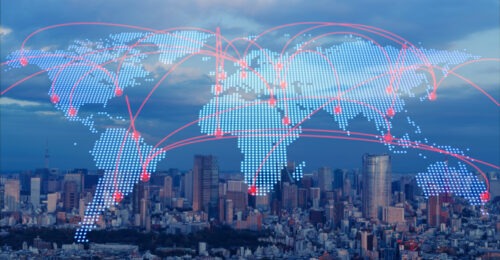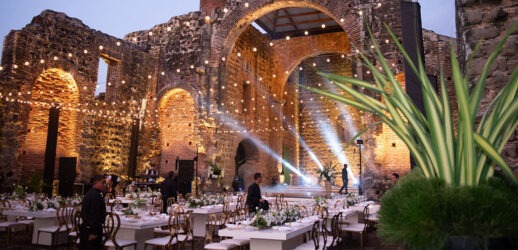Title: Group Vice President of Diversity Sales and Inclusion, Cincinnati USA Convention & Visitors Bureau and Chairman of National Coalition of Black Meeting Professionals (NCBMP)
Graduate: University of Cincinnati, Bachelor’s Degree in Political Science
“Always walk with your back straight, your chin up. When you have confidence, you give other people permission to believe in themselves. When people see and feel your energy, they share it. There is a lot of sadness and uncertainty, and sometimes people just need to hear it’s going to be all right.”
How did the pandemic disruption affect you personally?
When I first heard about it, I was at an NCBMP board meeting, planning the annual conference that subsequently went virtual in November. Thought it would blow over. Then I was furloughed from my paying role at Cincinnati USA for six months. I experienced the entire journey from “no way this is real” to “damn, I can’t believe it is still here and has had such a devastating effect.”
How have you handled the wild ride of the last year?
I continued in my role at NCBMP to support strong men and women who are used to being providers for their households. COVID took away their ability to do that. I have been on calls with people who have broken down in tears. As leaders, we have to be accessible and put our members’ needs first, but how can we take care of and inspire people if we are hurting? That is why NCBMP’s 37th Annual Conference was titled “Focused and Empowered.” The goal was to keep members tethered to something positive. From a human perspective, regardless of race, ethnicity or lifestyle, our common denominator is the human spirit, and that has to connect to something bigger to be self-evident.
Talk about the pirouette to virtual.
A lot of people will tell you I have a hard head and a soft heart. For a long time, I was not convinced it was the right thing to do. In my mind, we had something to prove. There were a lot of emotional conversations. I wanted to be the organization that showed the industry how to hold a meeting in a safe way. What swayed me was that the members who represent our organization have been most impacted. Black and brown people are disproportionally falling ill. It took months to get there, but in September we decided we had to do the responsible thing.
Our organization is run by volunteers; it is a family. Our interactions are bigger than booths and contracts. It is not transactional for us. Deals are based on friendships. We like to talk and laugh and have a drink and hug and shake hands. So, moving to virtual was not natural. We are also challenged with a lack of resources, but we have an abundance of passion for the work. The shift opened opportunities to see that we can change how we deliver our message and reach even more people.
We leaned on our partnerships with MPI, Destinations International and Events Industry Council, to name a few. It was a mix of recorded and live panels, including destinations talking about the importance of getting back to business. One high point was the release of “The Black Traveler: Insights, Opportunities & Priorities” report from MMGY Global that showed Black leisure travelers spent $109.4 billion in the U.S. in 2019. We want to expand our data and give voice to the Black community about the impact of their power, to elevate the conversations about disparity. A lot of people look at the business case first and then the heart. We thought we should speak to that.
I talked to a meeting planner who was in tears because someone finally appreciated the struggle to convince others that this is an impactful sector. A lot of people consider diversity markets at the lower end of the totem pole because they don’t understand that selling to this market requires humanity. For one of the top research companies to deliver that message is powerful.
How did the Black Lives Matter protests of the last summer change your role?
Black Lives Matter movement has been in the media lately, but we were founded on that premise in 1983. BLM put us in the forefront, to bring that urgency to the hospitality community to say, “This affects us,” because there are disparities in employment in the industry that have been highlighted by the tragedy.
Now, Black people who have been quiet because it wasn’t polite to speak up are empowered. It is OK to tell your truth without fear of being ostracized or fired or put on an island as long as it is in the spirit of truth. The conscience of the industry has been stirred. It has forced us to look at how we move forward. Tourism changes views. We need to show the rest of the world how to do a better job of including a wide range of people in roles that include managing budgets and making strategic decisions.
Now what?
As meeting professionals, we have a self-esteem problem. We don’t understand our power, our economic power and our ability to influence opinions. Start by doing an audit of how your organization is spending money and staffing. This is not to take anyone’s job away. It is to open eyes. We are already a minority-majority country. The data shows that the old way is changing, and we need to solve for that. Lead with data, then change the hearts to create a strategy that aligns with the mission statement and is productive. There is enough turkey to go around. Just add some chairs to the table.




